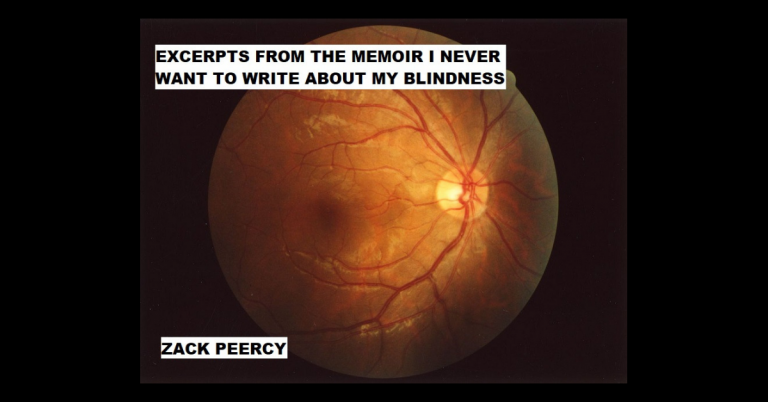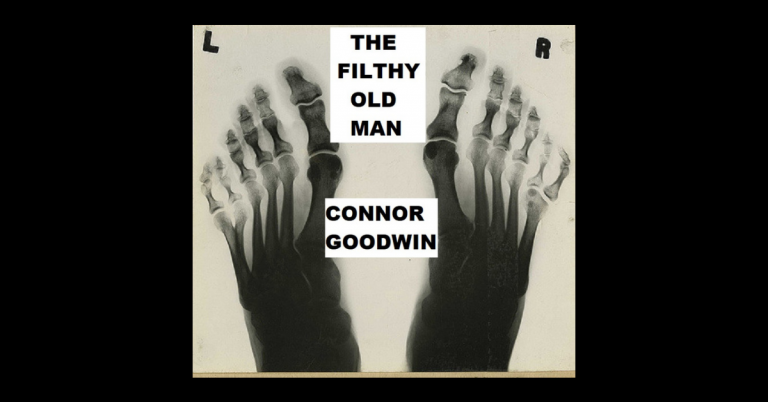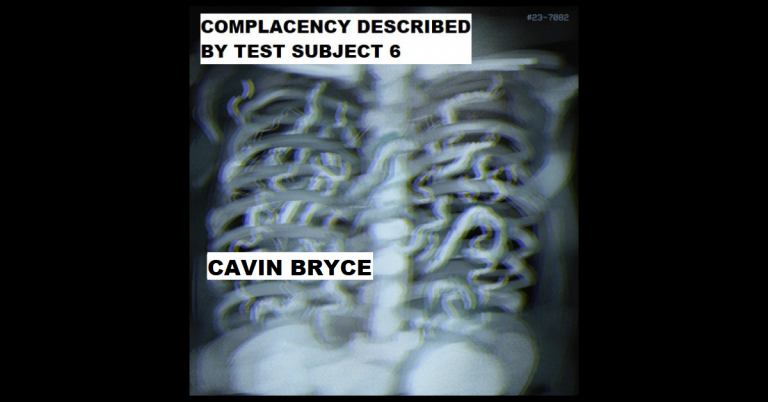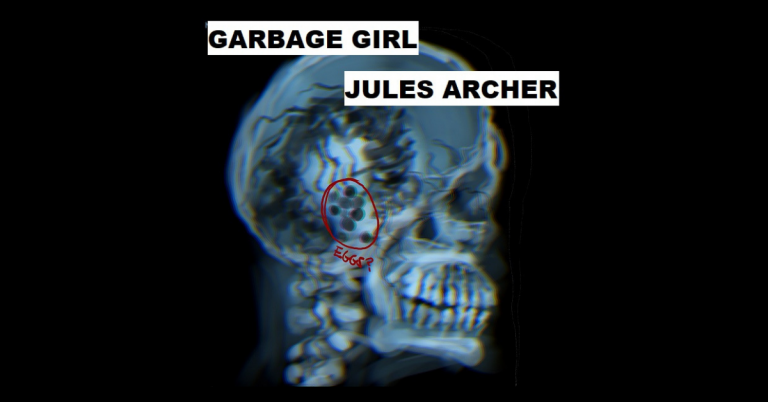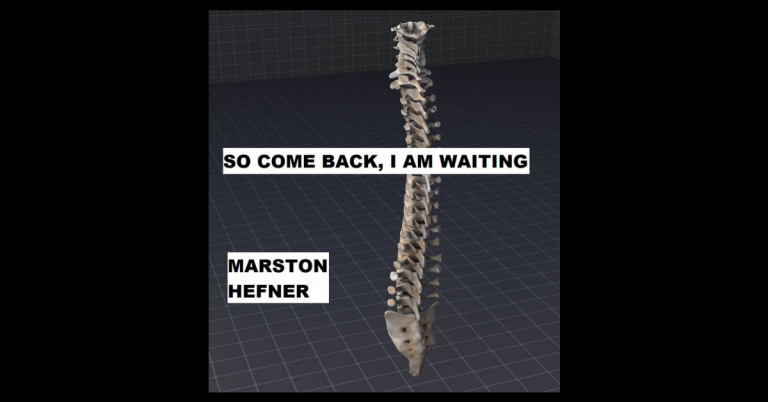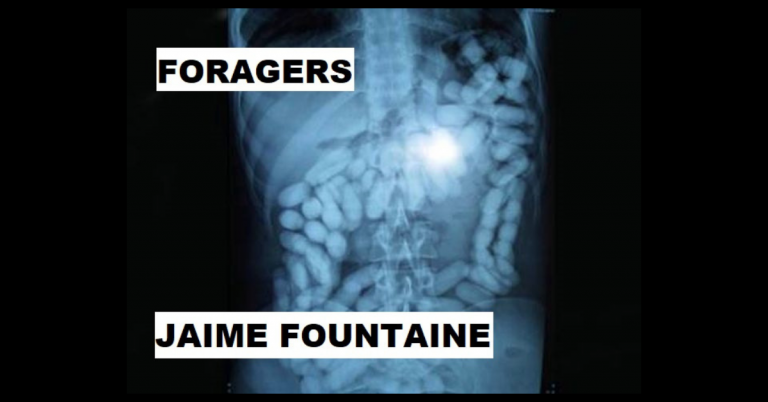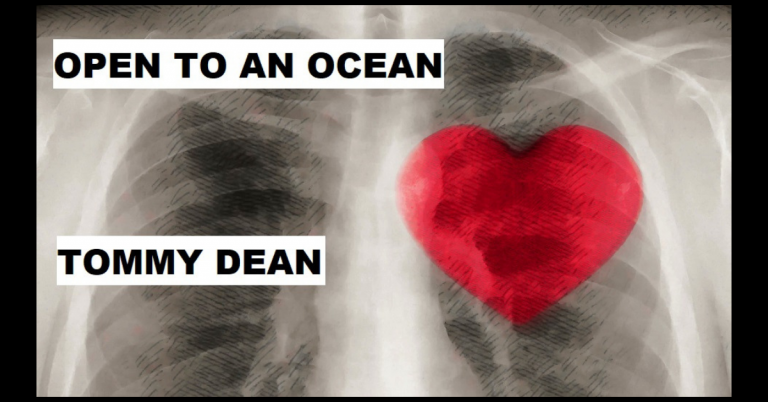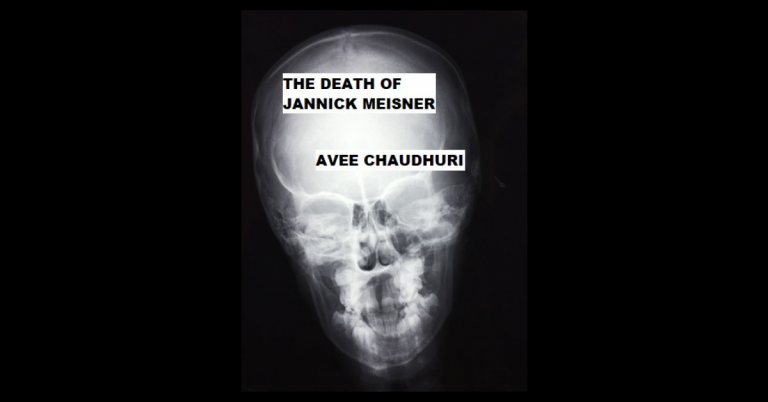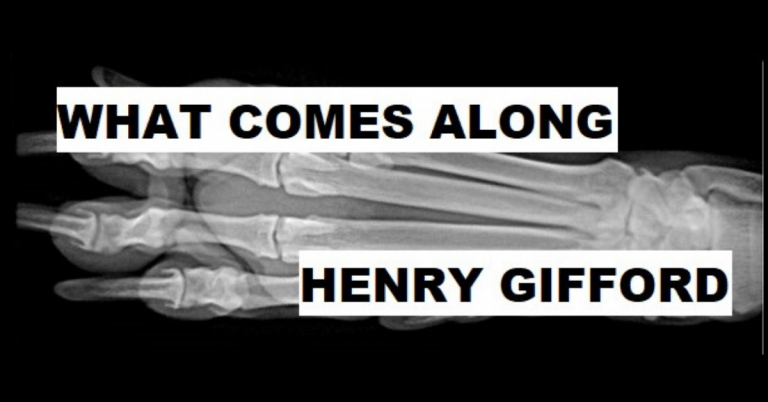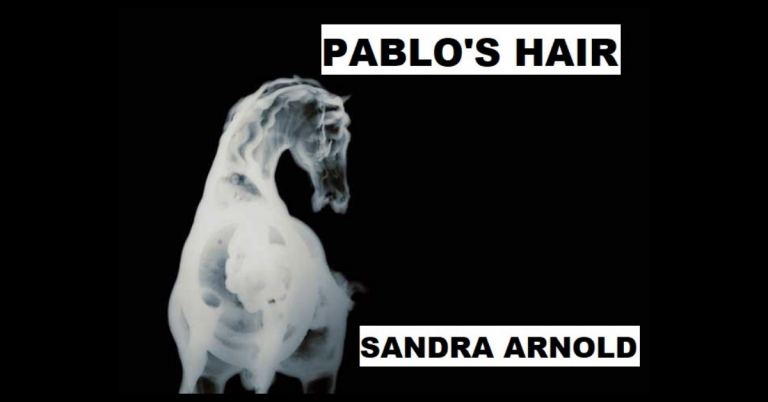
PABLO’S HAIR by Sandra Arnold
When we got to the farm Bill explained that the dead boy’s parents had asked him to keep the pregnant mare and her two year old colt till they found a buyer, but none of the guys who came to look at her could even catch her.
“Don’t worry, Beth,” he reassured, “I’ve asked Pablo to do a bit of schooling so she’ll be calm enough for you to ride.”
We turned the corner into the barn and saw the colt tied to the fence. His mother, a beautiful bay, was tied to a pole while Pablo, sweat soaking into his red bandanna, laid into her with a whip. The mare was foaming at the mouth and you could see the whites of her eyes as she galloped round and round in terror.
I stopped dead in my tracks. “You call this schooling?”
Dad flashed me the look he reserves for when I open my mouth before I get my brain into gear.
Bill explained that he was starting a riding school, so it was important that the horses were quiet and well-trained.
“Yeah, right,” I shot back, “like that’s going to happen if you let Pablo loose on them. Tell him to untie her.”
Dad told him it was okay, so Bill said something in Portuguese to Pablo. The minute Pablo untied the mare she tore out the barn like there was a lion on her back. I grabbed a lead rope and followed her with everybody running behind me. When the mare got to a safe distance she started grazing. I approached her real slow, talking to her all the time. After a few minutes she let me stroke her shoulder. After another minute I slipped the rope around her neck and walked her back to the barn. By now half a dozen of Bill’s agronomy students had wandered over. They were all looking at me as if, like, “What planet do you come from?”
Dad said if I wanted the mare she was mine. I asked Bill what her name was.
“Cristiane,” he said. “Her colt doesn’t have a name yet.”
A thumb-sized humming bird buzzed in front of my face before diving into a flower.
“What’s the name for humming bird in Portuguese?” I asked.
“Beija-Flor,” Sal said. “It means kiss-flower.”
I stroked the colt’s mane. “Hi Beija-Flor,” I whispered in his ear.
After we bought Cristiane and Beija-Flor I went to the farm every weekend. When Bill saw the way I rode he asked me to go to a horse auction to help him pick out some decent horses for the riding school.
We got three beauties, a gray, a chestnut and a roan. Bill said I could name them. The roan was very close to foaling and she reminded me of my first pony, Gloria, so that one was easy. Then I offered to come every day to train them all. Bill whistled between his teeth and said he had to be careful not to offend Pablo, who was still smarting over the Cristiane episode. For once I did get my brain into gear before voicing my opinion about Pablo.
I saved this for Sal, a few days later, after we’d watched Gloria’s new foal stagger up off the straw on his matchstick legs and take his first drink.
“We’ll leave them to get acquainted,” said Bill, ushering us out of the paddock and closing the gate. “I’ll have Pablo check them over this afternoon.” Seeing my expression he grinned and said, “But you can choose his name.”
“Glorious,” I said. “Son of Gloria.”
“Perfect,” said Bill.
Sal and me headed over to the farmhouse to have a game of volleyball. “Pablo check them over?” I began, incredulously.
My sentence was interrupted by an explosion of swearing from inside the farmhouse and Pablo’s goat flew out the front door on the end of someone’s foot. Pablo’s head poked over the top of the pigsty. When he understood the reason for the racket he came lumbering out, scratching his neck. The goat saw him and bounded over as if it was about to fling itself on his chest in pure joy. Even at that distance the pong was enough to singe a layer or two off your tonsils. Pablo grabbed it by the horns and dragged it towards us.
Me and Sal started gagging. It did no good though. “What stink?” he always said when we whinged about the goat. He tied it to a tree.
“Why can’t you take him into the pigsty with you?” Sal complained.
“Because I’m chopping up a stillborn calf for the pigs,” he answered, sliding his eyes across at me.
When Sal translated this I gagged again, this time for real. His face split into a grin like a sliced melon and he went swaggering back to the pigsty, hoiking and spitting.
“He hates me,” I sniveled.
“Nah. He’s scared of you,” Sal said. “The other day he was trying to catch the new Appaloosa and it kept running away from him and one of the guys said, ‘Let Beth do it’.”
“Yeah?”
“But then Pablo said it wasn’t a job for girls, especially skinny snooty up-themselves white girls from a country nobody’s even heard of.” She hooted with laughter at the expression on my face.
I watched the top of his bandanna bob up and down behind the wall in the sty. That bandanna was probably red because it was saturated with blood. Nobody’d ever seen Pablo without it. I bet he even slept in it.
Once, Sal dared me to ask him why he never took it off and he said it was because he had this real thick curly hair and it was difficult to keep it clean with his work on the farm, but Sal and me had our suspicions. Soon after that we saw him dive in the lake and swim underwater all the way to the other side. When he climbed out he was completely starkers, but his bandanna was still grafted in place. He stood still for a minute, just gazing over the water, looking like one of those huge termite mounds that were all over the farm.
The fumes from the goat made us abandon any idea of playing volleyball and in two minutes we were out of gassing range and heading back to the barn.
Beija-Flor came up to me and stuck his nose in my neck. I decided to ask dad if we could ship him and Cristy back to New Zealand when Dad had finished his contract here. I sure didn’t want them to end up as street horses pulling carts of rubbish and being flayed with sticks to run faster and faster when they were exhausted and thirsty and the sun was blazing down on their poor mangy coats. Cristy plodded over to me and breathed in my face. For the millionth time I made a wish that I could be with her when her foal was born. Then I blew my breath back into her nostrils.
She was bleeding from three new cuts and was covered with ticks again. “Gross, eh?” I said to Sally, picking one off and bursting it between my fingernails. Over the squawking of the guinea fowl, that started fighting for the ticks we chucked at them, I heard Bill’s voice and saw him and two of his students, João and Roberto, trudging across the paddock to the barn.
The guys said something to Sal and she translated, “João wants Roberto to race you. He says he’s going to bet all his money on you.”
Sal thought Roberto was cute, but I didn’t like his voice. He sounded like Donald Duck.
He said, in pretty good English, “I’ve got some cream for you, Beth. You spread it on the cuts and when those vampire bats drink the blood it gets on their feet. Their friends lick it off and it poisons them all.”
I made a face. “I hope it’s a quick death.”
Bill said, “The other horses are looking pretty good Beth, since Pablo’s been treating them with that cream. It’s only your two the bats are after now.”
“Okay,” I said, “but I don’t want Pablo anywhere near my horses. I’ll put the cream on myself. I’ll get dad to drop me off every day. I could break in the new Appaloosa for you at the same time,” I added hopefully.
Bill sucked in air through his teeth, “Sure, if you can get Pablo to agree to making you an honorary guy.”
Roberto and João cracked up.
I glanced at Sal, who rolled her eyeballs.
Bill took his glasses off and rubbed them on his shirt. “Honey, we’ve just been looking at that new foal. One of the other horses must’ve kicked him. His leg’s broken.”
“Glorious?” I said in disbelief.
He nodded.
My mouth went dry. “But he’s just been born. Are you going to shoot him?”
“I don’t have a gun, Beth. Pablo’ll have to whack him on the head with an axe.”
My face went as green as the tick I was holding.
Bill said, “It’ll be quick. Pablo’ll know what to do.”
“Speaking of the devil,” Sal muttered.
I looked up to see Pablo sauntering towards us with his parrot, Rosa, squawking in his ear.
Bill told him about the foal. Pablo listened, staring at the ground, scratching his head. If I walked out he’d see my green face. No way would I give him that pleasure. Bill said he’d know the exact spot to hit the foal, but what if he missed? Beija-Flor stuck his nose in my ear. I was grateful for the excuse to bury my face in his mane.
There was a long silence. Then Pablo coughed and said, “We could donate him to the veterinary school. Give him a chance.”
I lifted my head from Beija’s neck and looked at Bill, biting my lip. Bill rubbed his chin.
“I’ll ring them,” he said at last, half-running in the direction of the house. Pablo lumbered after him with Rosa perched on his head like a tattered wedding hat.
Nobody uttered a word. Then Roberto cleared his throat and said, “He found Rosa when she’d just hatched. Her mother was dead near the nest. Dogs probably. Pablo took her home and raised her.”
I watched Pablo disappear into his shack.
“So what about that race?” said Roberto.
He didn’t really sound like Donald Duck.
“I’ll let you ride Skewbald,” I said. “I’ll take Madonna.”
“You nuts?” said Sal. “If she went any slower she’d be dead.”
After the race we cantered back to the barn, laughing and yelling. Bill looked up from the saddle he was cleaning. I waved at him. He’d know from my grin that I’d won again. But his face was the colour of putty. I vaulted off the horse in one movement. “The vet school said no, didn’t they?”
“I’m sorry honey. So Pablo had to ...”
Sal burst into tears. The guys got very busy unsaddling. I ran out the barn with my hand over my mouth and bent over in the long grass near the henhouse and puked.
I lay there for a minute, letting the sun warm my cold skin, trying not to think of Pablo feeding bits of the foal to his disgusting pigs. Oh wouldn’t he just love that! I squeezed my eyes tight and hit the earth with the side of my hand pretending it was Pablo I was chopping up into little pieces. Then I bawled my eyes out.
When I was all cried out I hauled myself up and wiped the snot off my face. My body smelt sour, like cheese left out in the sun. The air burned and stung and crackled. Two swallow-tails flew low over the baked red earth and skimmed the surface of the lake. Yeah, I’d go for a swim and try to feel clean again. As I trailed past the hen-house I heard a high-pitched wheezing coming from inside. I back-tracked and peered through a gap in the planks. Pablo was sitting on a box that was covered with chicken shit, wiping his nose with his bandanna and breathing like he was having an asthma attack. But it wasn’t the sight of the tears glistening in the black leathery cracks of his cheeks that stopped my breath. It was his head. As bald and shiny as a light bulb.

